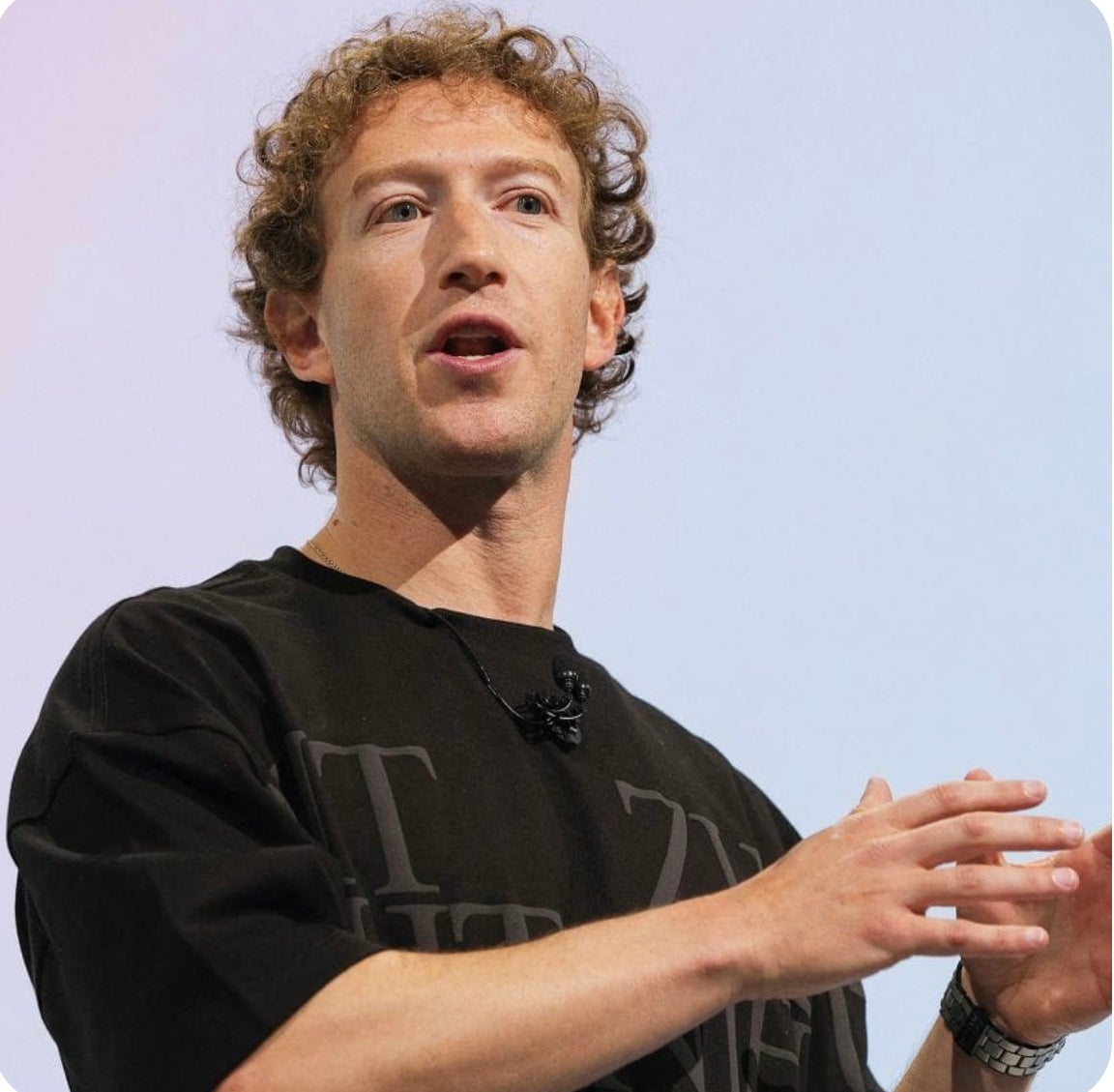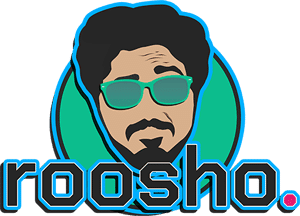
Meta was summoned to Washington to defend its acquisitions of Instagram and WhatsApp in a trial introduced by the US Federal Commerce Fee, which alleges the offers have been a part of a monopolistic technique. The FTC desires Meta to divest these platforms to create a extra stage taking part in subject within the social app market.
Meta, which went solely by Fb then, purchased photo-sharing app Instagram in 2012 and messaging platform WhatsApp in 2014. It argues that the acquisitions fueled the apps’ development and that there’s little proof they might have advanced into viable opponents on their very own.
On Wednesday, Meta CEO Mark Zuckerberg maintained that he by no means meant to stifle competitors by way of acquisition, in accordance with reside reporting from The Verge. “Was the intent to cease providing or cease making Instagram good? Completely not,” he stated. His hope was simply to scale the app’s consumer base tenfold, however he had accomplished so hundredfold by 2018.
Zuckerberg and the Meta crew emphasised that the corporate has all the time confronted — and continues to face — rivals whereas constructing Fb, Instagram, and WhatsApp, together with platforms like TikTok and Google Plus.
Day 1: Monday, April 14
Probably the most important factors mentioned on the primary day centred round TikTok. Whereas the FTC desires to show that Meta has monopolised the market of social apps that “join family and friends,” it doesn’t embody TikTok in that market.
Meta argues that the Chinese language video-sharing app ought to be seen as a viable competitor that holds comparable market worth, in accordance with The Verge. As an example, when TikTok was banned within the US for sooner or later in January 2025, Fb and Instagram utilization spiked by 20% and 17%, respectively. If Zuckerberg can show that the FTC’s market definition is simply too slim, Meta may win the case.
The courts additionally heard that, in February 2012, Zuckerberg thought of buying Instagram however didn’t make any important adjustments to keep away from creating “a gap out there for another person to fill.” However, per The Verge, the CEO stated he by no means took this route.
Day 2: Tuesday, April 15
Zuckerberg was requested to elucidate why, in a February 2012 change, he agreed with CFO David Ebersman’s suggestion that buying Instagram may assist “neutralize a possible competitor,” in accordance with The Verge. On the stand, he stated that purchasing an organization will inherently lead to a competitor being taken off the market.
He additionally admitted that he may have constructed a brand new app to compete with Instagram, however “whether or not it might have succeeded or not … is a matter of hypothesis,” in accordance with the BBC. In an e mail despatched earlier than Instagram’s acquisition, Zuckerberg stated that Meta was “to this point behind” within the photo-sharing house and that the prospect of falling behind was “actually scary,” per Mashable.
However, his firm did begin constructing the competing product Fb Digicam, after, in 2011, he was extra centered on Instagram’s digicam expertise than its social potential. Zuckerberg then realised that his app wouldn’t meet up with Instagram, so he scrapped it and pursued acquisition.
In courtroom, the CEO admitted he was “anxious” about different messaging apps like WeChat from “broadly competing with (Meta)” earlier than it acquired WhatsApp. The assertion was in response to messages from January 2013, during which Zuckerberg recommended “block(ing) WeChat, Kakao and Line advertisements” as they “are attempting to construct social networks and change us,” per The Verge.
The second day of the trial illuminated a number of of Zuckerberg’s concepts to develop his firm, which by no means got here to fruition. One was shopping for Snapchat, now Snap, for a proposed $6 billion. The Fb founder was significantly involved when Snapchat launched Tales, saying in inner messages from 2014 that it was “now extra of a competitor for Instagram and Information Feed than it ever was for messaging.”
He additionally thought of making a Fb feed that reveals solely advertisements, deleting all customers’ Fb Mates to regain its “cultural relevance,” and spinning out Instagram into its personal firm. The latter was pre-empting the regulatory scrutiny his firm is at the moment beneath, as in a 2018 e mail, he admitted that “most corporations truly carry out higher after they’ve been cut up up.”
Day 3: Wednesday, April 16
Zuckerberg stated that Fb’s “development slowed down dramatically” when TikTok turned standard, reiterating how the social media platform will not be the one dominant participant out there, in accordance with The Verge.
He additionally didn’t contemplate buying TikTok’s precursor, Musical.ly, as he didn’t need to take care of “any connection that they needed to China.” ByteDance subsequently acquired it and have become a serious competitor, the CEO stated.
Zuckerberg acknowledged that competitors is now coming from YouTube, too, as “richer types of media” like video have change into extra engaging to digital creators, per CNN. Nonetheless, the platform will not be thought of a competitor out there that the FTC has outlined.
The FTC argued that Fb gained disproportionate affect from “community results,” as its giant, sustained consumer base encourages new customers to hitch and current customers to remain, since a lot of their social circle is already on the platform.
Nonetheless, Zuckerberg argued that community results aren’t solely useful. He defined that customers might ultimately see their feeds dominated by content material from individuals they now not care about, making the platform out of date. For this reason he thought of resetting everybody’s Mates lists.
Concerning WhatsApp, Zuckerberg stated that the motivation behind its acquisition was by no means to hinder its development and forestall it from difficult Meta’s dominance, as a result of he knew that the founders had no plans to take action. After attending to know them, he discovered they “regarded down” on including options that would make the app extra aggressive and ultimately needed to persuade them to implement these adjustments.
Ex-Meta COO Sheryl Sandberg got here to the stand close to the tip of the session and stated she was shaken when Google Plus was launched in 2011, noting the way it was “nearly an actual reproduction” of Fb.






No Comment! Be the first one.